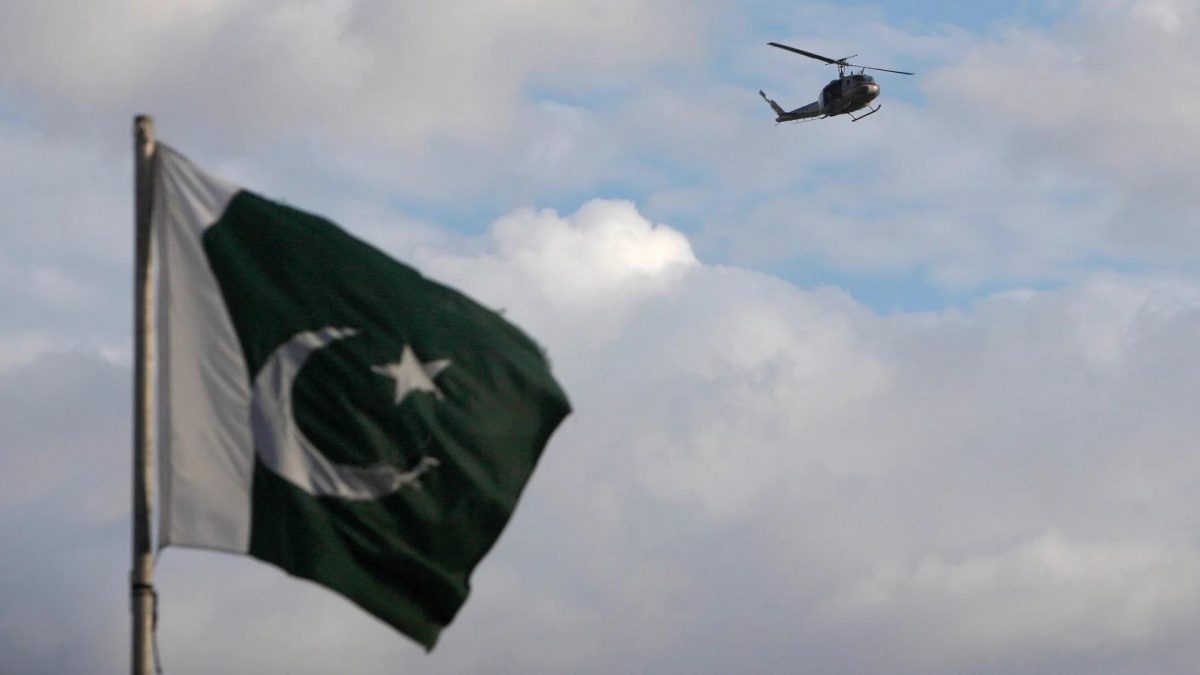The Shehbaz Sharif-led Pakistan government has banned Pashtun Tahafuz Movement (PTM), an ethnic Pashtun political party headed by Manzoor Pashteen, which was active in the tribal region of Khyber Pakhtunkhwa province.
The group of ethnic Pushtu-speaking activists has often criticised Pakistan’s politically influential army.
Why has Pakistan banned Pashtun Tahafuz Movement?
The Pakistan government announced banning PTM citing it as a threat to national security.
The decision to ban PTM was made under Section 11B of the Anti-Terrorism Act of 1997.
“The federal government having reasons to believe that the PTM is engaged in certain activities prejudicial to peace and security of the country […] is pleased to list the PTM in the First Schedule as a proscribed organisation,” Pakistan’s Ministry of Interior said in a notification.
The PTM “poses a significant danger to public order and safety in the country,” the notification further said.
Back in 2019, a petition was filed in the Islamabad High Court seeking a ban on PTM. The plea was filed a day after three people were killed and five soldiers injured in a clash between security forces and PTM protesters in North Waziristan.
Pakistan govt asked to ‘reconsider’ its decision
PTM’s ban received a strong rebuke from the leadership of the Jeay Sindh Freedom Movement (JSFM)
In a joint statement, JSFM Chairman Sohail Abro and leaders Zubair Sindhi and Amar Azadi, condemned the actions of the Pakistan government and emphasised that PTM is a “peaceful, non-violent” organisation that advocates for human rights, justice, and peace in the Pashtun regions.
Impact Shorts
More Shorts“This action is not only a grave violation of fundamental human rights but also contradicts the principles enshrined in the state’s constitution. The PTM has been steadfast in its peaceful struggle for the rights of the Pashtun people, including the demand for accountability in cases of enforced disappearances and the restoration of civic rights for the Pashtun community,” the statement read.
Abro warned that by banning such PTM, Pakistan risks further alienating the Pashtun community, which may drive some toward militant groups - something PTM has long opposed.
The JSFM leadership also called on the Pakistan government to reconsider its decision and urged authorities to lift the ban on PTM and instead engage in dialogue with peaceful organisations working for societal improvement.
The statement further warned that suppressing peaceful voices will only lead to more unrest.
JSFM asserted that the ban on PTM will not foster peace but instead threatens to deepen the crisis in the Pashtun regions.
About Pashtun Tahafuz Movement (PTM) political party
The PTM was founded on May 21 by a group of students to remove landmines from Waziristan and other parts of the tribal region.
Its leadership has been blaming the armed forces for the problems faced by the tribal region along the Afghan border.
The group gained prominence in January 2018 after rebranding itself as the PTM following which it sought for justice for Naqeebullah Mehsud, a fellow Pashtun who was killed in Karachi by police allegedly in a fake encounter.
In December 2023, PTM chief Pashteen was arrested after his security guards allegedly opened fire targeting the police.
In 2022, Pashteen was booked on terrorism charges, following his speech at the Asma Jahangir Conference where he had criticised the country’s armed forces.
With inputs from agencies.


)

)
)
)
)
)
)
)
)



